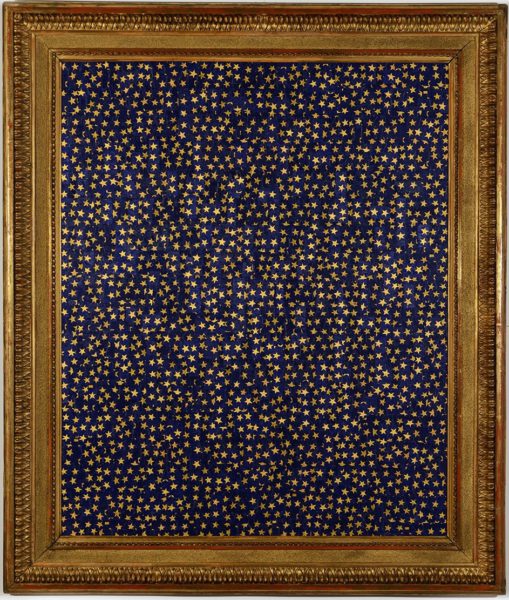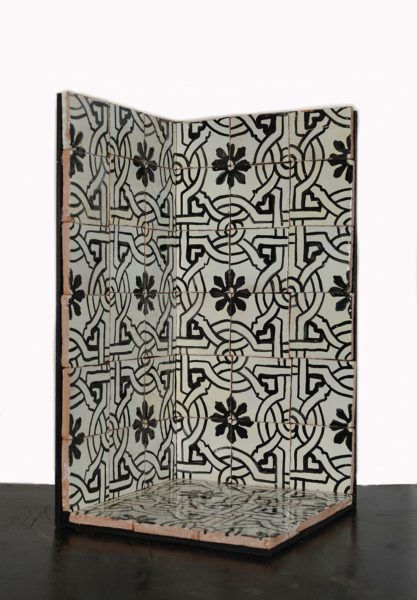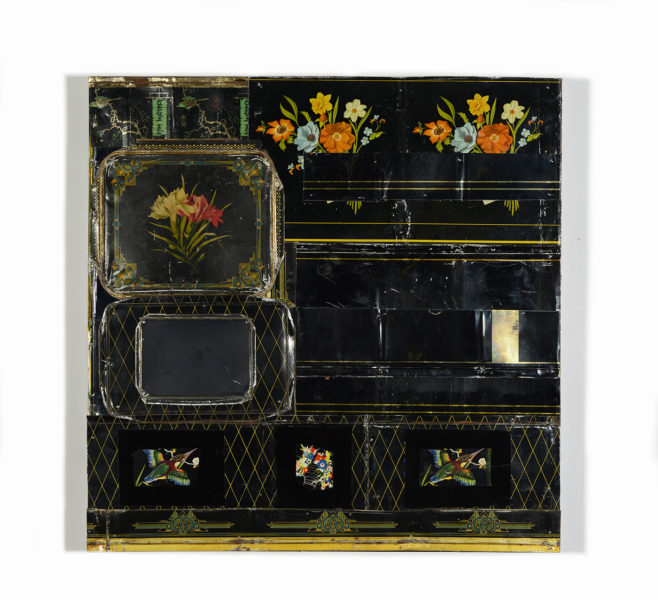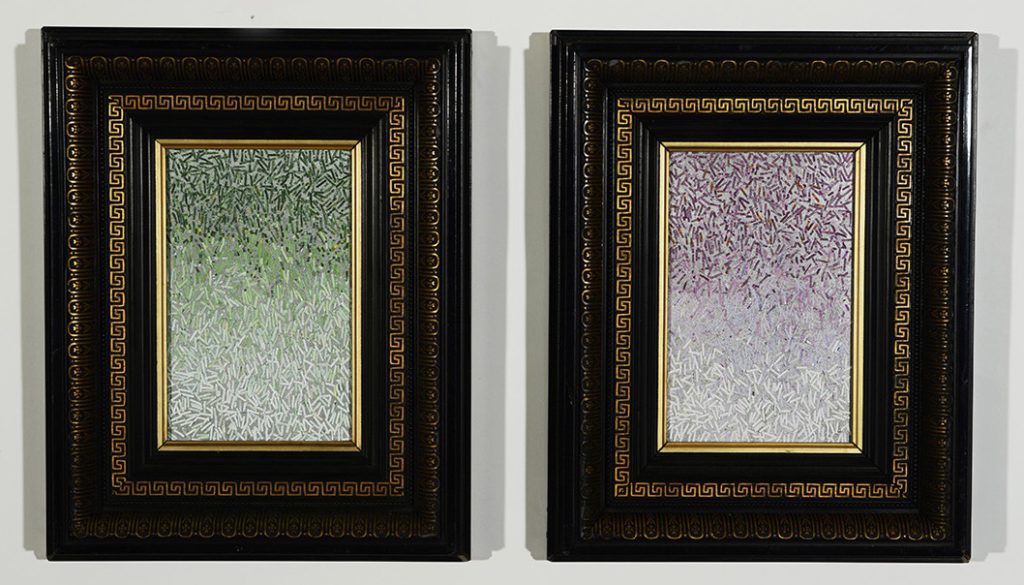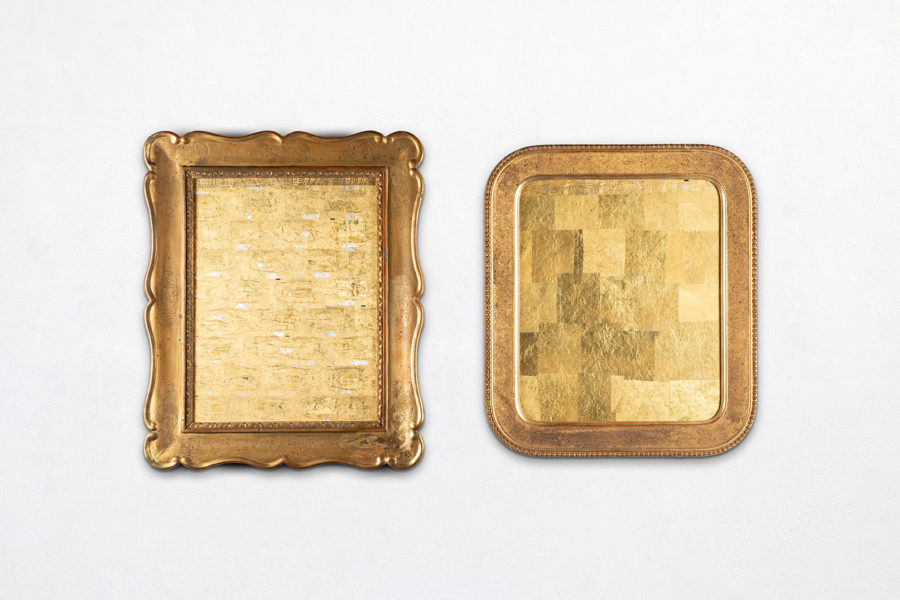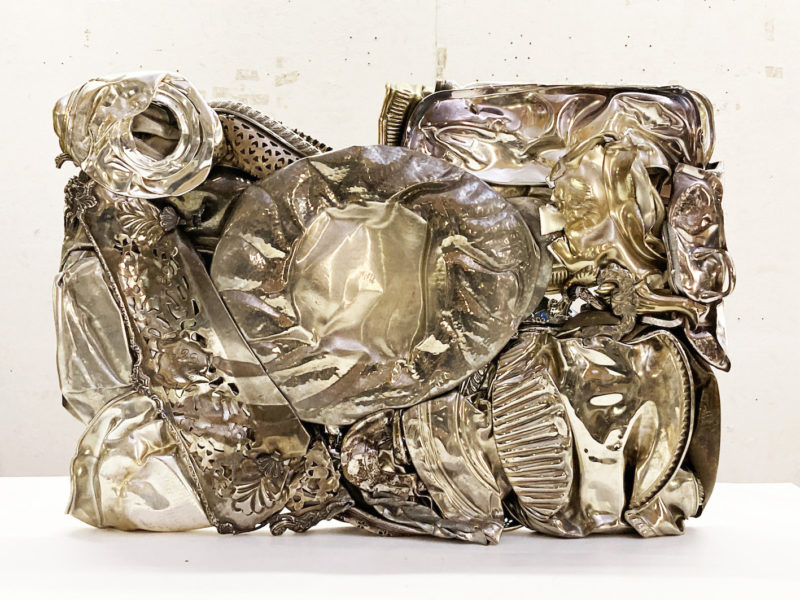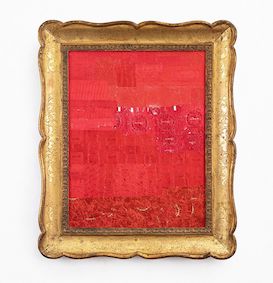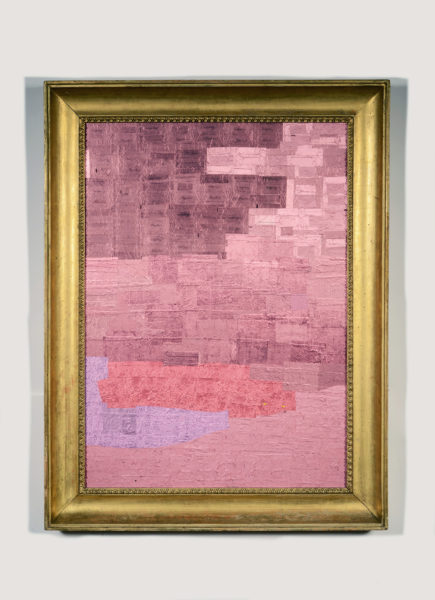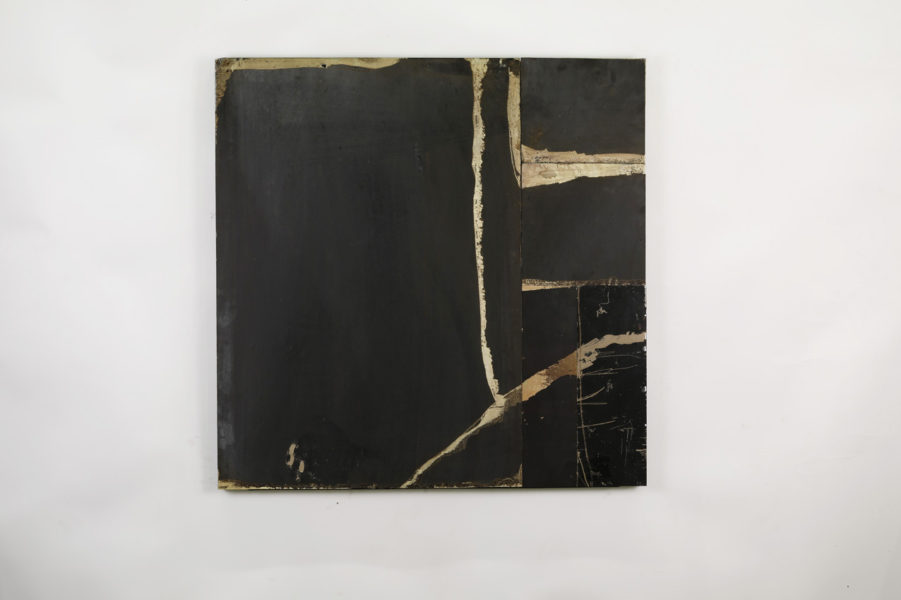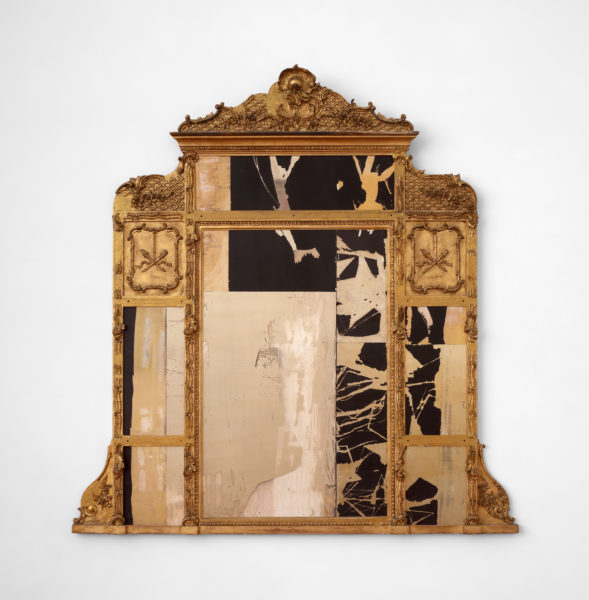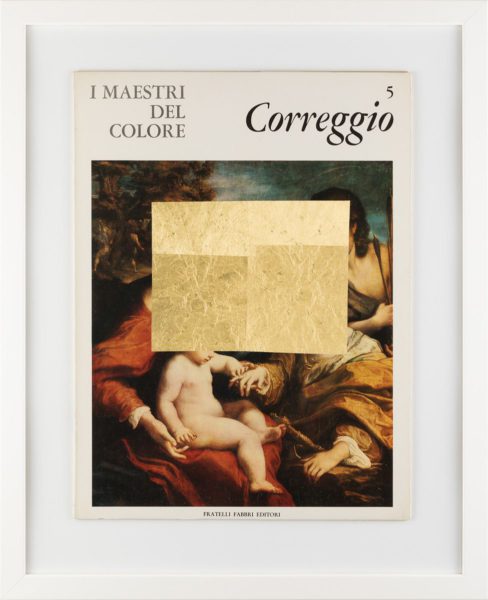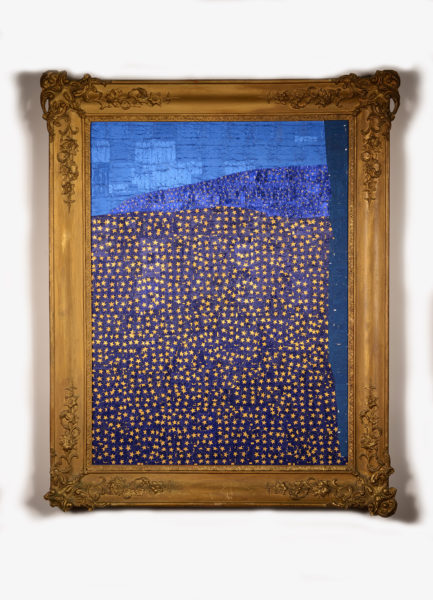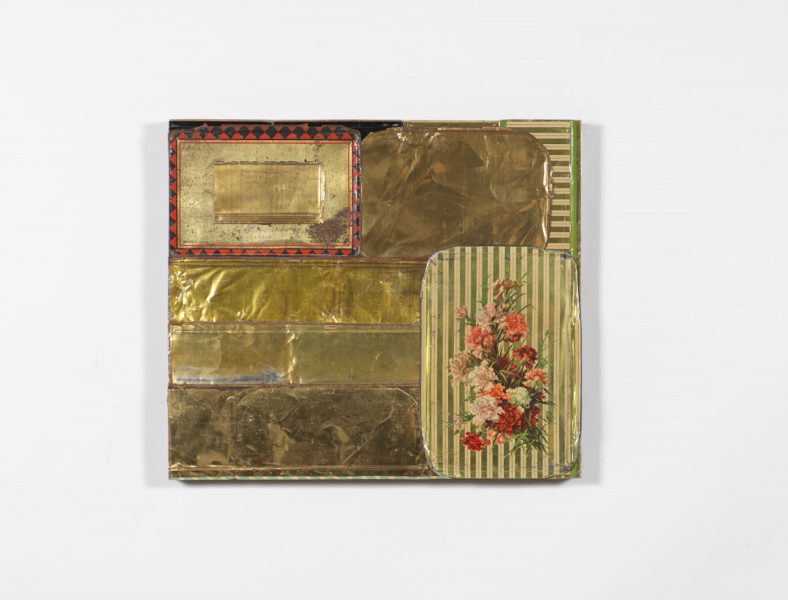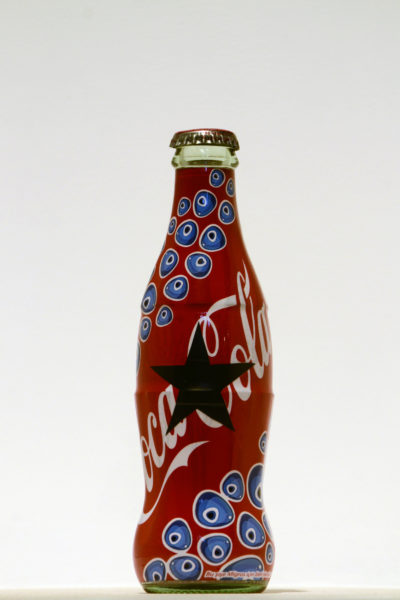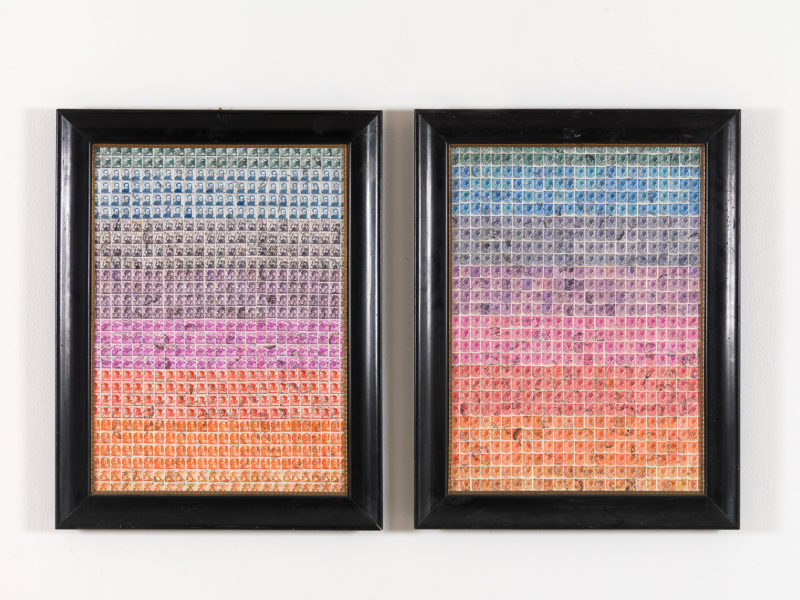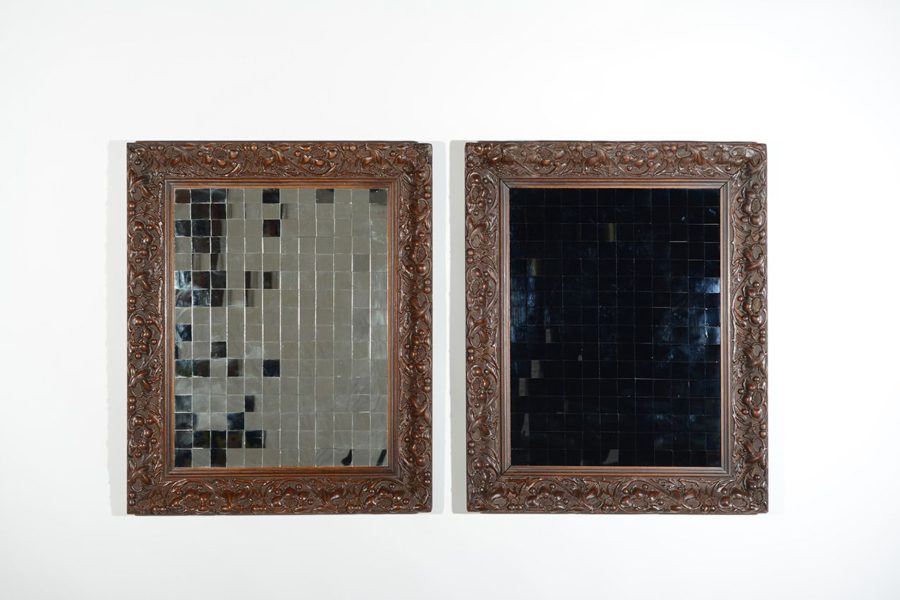Post
Flavio Favelli è nato a Firenze nel 1967; attualmente vive e lavora a Savigno (Bologna). Nel 1993 consegue la Laurea in Storia Orientale presso l’Università di Bologna e solo successivamente intraprende la carriera artistica. Le sue opere sono state esposte in prestigiose istituzioni: Palazzo Collicola, Spoleto (2023); GAM, Torino (2022); Museo di Capodimonte (2022); Ca’ Rezzonico, Venezia (2019); Art Basel Hong Kong Encounters, sezione curata da Yuko Hasegawa (2013, S); MAXXI, Roma (2012, S; 2010, G); Museo del Novecento, Milano (2012, S); MACRO, Roma (2012, G; 2011, S); RISO Museo d’Arte Contemporanea, Palermo (2011, G); American Academy in Rome (2011, G; 2010, S); Tate Modern, Londra (2010, G); MCA, Chicago (2009, G); Fondazione Sandretto Re Rebaudengo, Torino (2008, G; 2007, S; 2002, G); Palazzo Grassi, Venezia (2008, G); Elgiz Museum of Contemporary Art, Istanbul (2008, G); Benaki Museum, Atene (2008, G); La Maison Rouge, Parigi (2007, S); MAMBO, Bologna (2007, S); Musée d’Art Contemporain de Nîmes, (2007, G); Creative Art Center, Beijing (2006, G); Musèe d’Art Contemporain de Saint- Etienne (2005, G); Istituto Italiano di Cultura, Los Angeles (2004, S); Museion – Museo d’Arte Moderna e Contemporanea, Bolzano (2003, G). Nel 2021 la Fondazione Torino Musei GAM, mediante il Piano Arte Contemporanea del Ministero, gli commissiona e acquisisce l’opera I Maestri serie Oro.
Nel 2012 ha rappresentato l’Italia all’11^ Biennale de La Habana e, nel 2003 e nel 2013, ha preso parte alla Biennale d’Arte di Venezia. E’ stato selezionato per una residenza d’artista presso l’Istituto di Cultura Italiano di Istanbul e una sua mostra personale è stata ospitata nello storico complesso della scuola Galata Rum Okulu a Maggio 2014. Nel 2023 vince il 74° premio Michetti.
Flavio Favelli crea opere utilizzando vecchi oggetti d’arredamento o di uso comune, come lampadari, cornici, bottiglie della Fanta o della Coca Cola, chincaglieria che rimanda all’estetica borghese degli ambienti familiari in cui è cresciuto o alla cultura orientale approfondita durante gli studi universitari. Le sue opere sono collages, sculture o installazioni in cui questi materiali di recupero vengono assemblati, dando vita a sovrapposizioni di senso che isolano l’oggetto dalla mera realtà materiale, elevandolo alla dimensione artistica. Questo passaggio non avviene tramite una snaturazione dell’oggetto stesso, ma attraverso un’amplificazione delle sue caratteristiche funzionali, del suo valore come oggetto d’uso, come oggetto di decoro, come icona di una quotidianità passata, inconsciamente compresente a quella attuale. La forte componente autobiografica di queste opere (che ispira anche le rare performances di questo artista), funge da filtro di lettura comune alle varie linee di indagine che Flavio Favelli porta avanti in tutti i suoi lavori e, attraverso la riflessione sulla memoria e lo sviluppo di una poetica dell’oggetto imperniata sul binomio esotico-quotidiano, egli riannoda la propria vicenda personale alla storia collettiva e alla riflessione politica.
Le opere di Flavio Favelli trasmettono un dichiarato senso di italianità. Nella sua pratica artistica egli ripropone e svolge le contraddizioni che hanno accompagnato il sorgere dell’arte concettuale (e della pop-art) a livello internazionale, calando queste stesse teorizzazioni all’interno delle forme e degli esiti raggiunti dalla tradizione concettuale italiana. Il risultato sono opere dall’anima ibrida che rendono difficile la collocazione di questo artista nell’ambito del panorama nazionale e che allo stesso tempo sottolineano la forte carica personalizzante sottesa al linguaggio articolato all’interno di ogni singola opera.
Flavio Favelli was born in Florence in 1967; currently he lives and works in Savigno (Bologna). In 1993 he graduated in Oriental History at the University of Bologna and only after completing his studies he undertook the artistic career. Important institutions worldwide have exhibited his works, among these: Palazzo Collicola, Spoleto (2023); GAM, Turin (2022); Capodimonte Museum (2022); Ca’ Rezzonico, Venice (2019); Art Basel Hong Kong Encounters sector curated by Yuko Hasegawa (2013, S); MAXXI, Rome (2012, S; 2010, G); MACRO, Roma (2012, G; 2011, S); RISO Museo d’Arte Contemporanea, Palermo (2011, G); American Academy in Rome (2011, G; 2010, S); Tate Modern, London (2010, G); MCA, Chicago (2009, G); Fondazione Sandretto Re Rebaudengo, Turin (2008, G; 2007, S; 2002, G); Palazzo Grassi, Venice (2008, G); Elgiz Museum of Contemporary Art, Istanbul (2008, G); Benaki Museum, Athens (2008, G); La Maison Rouge, Paris (2007, S); MAMBO, Bologna (2007, S); Musée dArt Contemporain de Nîmes (2007, G); Creative Art Center, Bejing (2006, G); Musée d’Art Contemporain de Saint-Etienne (2005, G); Istituto Italiano di Cultura, Los Angeles (2004, S); Museion Museum of Modern and Contemporary Art, Bozen (2003, G). On 2021 the Fondazione Torino Musei GAM, through the Ministry’s Contemporary Art Plan, commissions and acquires the work I Maestri serie Oro from him. In 2012 he represented Italy at the 11th Bienal de La Habana and, in 2003 and in 2013, he participated at the Venice Biennial of Art. He has been selected for a residency at the Italian Cultural Institute of Istanbul and his personal exhibition took place in the historical complex of the Galata Rum Okulu in May 2014. In 2023 he won the 74° Michetti Price.
Flavio Favelli creates his works employing old furniture pieces or everyday-life objects, such as chandeliers, frames, old Fanta or Coca-Cola bottles, baubles taken from the bourgeois taste of his family or from the Oriental culture, that he examined during his studies. His works are collages, sculptures or installations in which all these recycled materials are assembled and combined, creating meanings overlapping, that isolates the object from mere reality and elevates it to an artistic dimension. This passage doesn’t come through the distortion of the object itself, but rather by amplifying its functional characteristics, of its value as everyday object, as decorative object, as an icon of a past routine, unconsciously intertwined to that of the present. The strong autobiographical component of these works (that also inspires his rare performances), has a key role in interpreting the various lines of research that Flavio Favelli carries on in all of his works. Through his reflection on memory and on the development of a poetic of the object pivoted on the juxtaposition of exotic and common elements, he ties his own personal experience to collective history and to political considerations.
Flavio Favelli’s works convey a declared sense of Italian-ness. He brings back up and unfolds the contradictions that came together with the birth of Conceptual Art (and of Pop-art) at an international level, re-writing these same ideas through the forms and the theoretic results reached by the Italian Conceptual tradition. Although his works markedly display a strong Italian character, they always reveal a hybrid soul, making difficult a full classification of his practice within the national artistic panorama, and, at the same time, emphasizing the strong personalizing charge driving the language articulated in all Favelli’s works.
FF 006-25 | Americana, 2025, collage of maps on wooden panel, cm.99×140
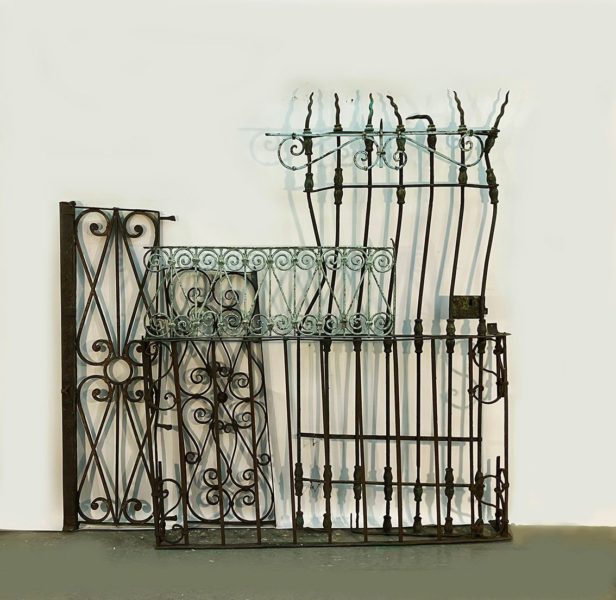 FF 037-24 | Poetica del confine, 2024, composition of railings and gates found, cm.181(h)x186x24
FF 037-24 | Poetica del confine, 2024, composition of railings and gates found, cm.181(h)x186x24
FF 034-24 | Estate Settanta, 2024, assemblage of painted ceramic tiles on panels, cm.85x46x46
FF 032-24 | Extra Noir, 2024, assemblage of tin cans cut to panel, cm.65×65
FF 027-24 | Euros 600, 2024, pair of collages of banknote clippings with original frames, cm.36×29 each
FF 014-24 | Sky Blue Afrika, 2024, collage of chocolate cards with original frame, cm.61×45
FF 001-24 | Golden Afrika, 2024, pair of collage of chocolate cards with original frame,
cm.59×48 & 54×47
FF 046-23 | Silver Davis, 2023, assemblage of furnishings, cm.42x61x10, front
FF 036-23 | Rosso Nacional, 2023, collage of chocolate cards with original frame, cm.55×46
FF 020-23 | Rosa Ghana, 2023, collage of chocolate cards with original frame, cm.98×75
FF 007-23 | Estate Nera 71, 2023, assemblage of scratched mirrors on panel, cm.93×93
FF 027-22 | Grande Impero, 2022, assemblage of scratched mirrors with original frame, cm.142×139
FF 016-22 | I Maestri Serie Oro (Correggio), 2022, collage of chocolate cards on file in frame, cm.36×27(fascicolo), cm.48×38 (cornice)
FF 005-22 | Caravanserraglio, 2022, collage of chocolate cards with original frame, cm.122×98
FF 018-19 | Gold Perugia, 2019, assemblage of tin boxes, pressed and mounted on wooden board, cm.65×75
FF 007-14 | Evil eye / Nazar boncuğu, 2014, adhesive tape on bottle, cm.19x6x6
FF 032-11 | Michelangiolesca and Italia, 2011, pair of stamp collages with original frames,
cm.74×58 cad.
FF 038-10 | Archivio (specchio), 2010, mirrors and stained glass and original frames, diptych, cm.83×68 cad.
